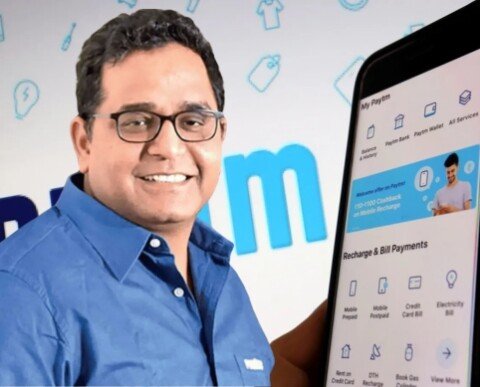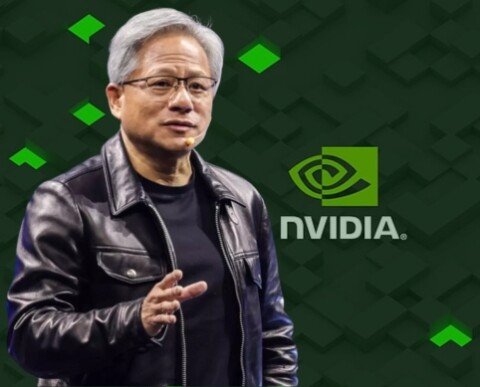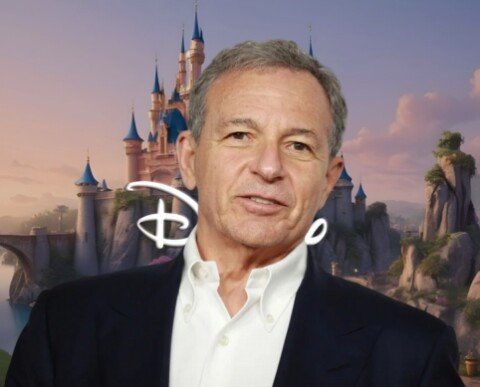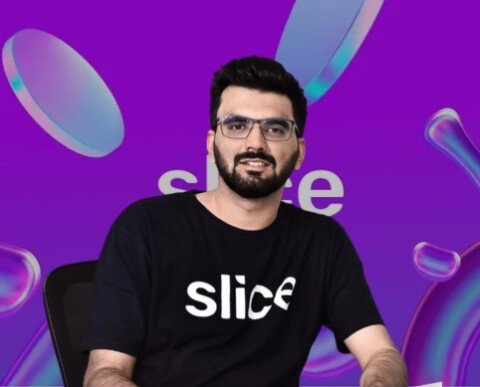Sabeer Bhatia, the co-founder of Hotmail, revealed that he faced rejection from 18 venture capitalists before successfully securing $300,000 for Hotmail. Bhatia, who created the world’s first free web-based email service, emphasized that “it is not a disservice to fail or to not even attempt bold ideas.”
In an interview with Raj Shamani, Bhatia discussed various topics, including the sale of Hotmail (now Microsoft Outlook) to Microsoft, the venture capital mindset in India, the government’s approach to startups, and strategies for dealing with failure, among other subjects.
Reflecting on the Hotmail journey, Sabeer Bhatia shared that he faced rejection from 18 venture capitalists before finally securing $300,000 from the 19th, Drape Facer, who saw the potential in his idea. “With the $3 million we raised, we launched Hotmail on July 4, 1996. Within just three months, we gained 300,000 subscribers, translating to an acquisition cost of just one dollar per subscriber,” Bhatia noted. He also highlighted that in the first year alone, Hotmail attracted 5 million subscribers.
“We had a tagline at the end of every email,” he revealed, sharing what had worked well. Hotmail.com, a free-by-free email provider, is sending you this email. Acquire a personal hotmail.com. I conducted some PR. I made every effort to meet journalists while wearing a suit and tie. I went around talking to a lot of journalists who had engaged a PR firm, and they introduced their contacts and went and informed everyone. Back then, print was huge, and the big thing was print to the internet.
On Indian VCs
Regarding venture capitalists, Bhatia noted that Indian VCs often exhibit a private equity (PE) mindset. According to him, VCs typically work on the belief that while money isn’t being made today, it will be in the future, relying on instinct rather than immediate results.
“After 30 years, I’ve realized that not all VCs in India are true VCs,” he explained. “Many operate with a PE mentality. They focus on making money because they have never been involved in launching a viral company. Instead, they just count the money—they’re essentially bean counters. Elon Musk refers to them as bean counters.
Some VCs operate purely on instinct,” Bhatia added. “They believe that a company will become very successful eventually, regardless of whether it’s currently growing or not. This is the true VC mindset—embracing the venture and its potential.”
Using TikTok as an example, Bhatia pointed out that despite the social media platform losing $4–5 billion annually, its valuation has soared to $250 billion. “What drives such extraordinary growth? It’s not just about immediate returns; it’s about the belief in future potential. TikTok holds vast amounts of global data, which fuels its remarkable growth trajectory,” Bhatia explained.
Ecosystem for startups
The co-founder of Hotmail discussed the governance differences between the US and India, using Uber as an example. “This legislation, along with people’s perceptions, is not startup-friendly; that needs to change in India,” he declared.
Take a look at the US; Uber violated every global law governing taxi services. Nevertheless, he continued, the governments there, the local governments, the cities, are friendly towards startups because it was creating jobs and there was a new idea to test; one day it could become large.
According to Bhatia, the majority of companies in India are not trailblazers; rather, they are capitalizing on the unique ideas of others. “We will manage it by taking the VC’s money and closing or selling it when the VC closes.” However, he added, “Copying is not innovation,” and that “the majority of the world’s largest businesses have some very outstanding innovations.”
“I want to emphasize that the innovation seen in Silicon Valley is more about the mindset than the business itself,” Bhatia stated. “In Silicon Valley, 99 out of 100 companies fail, and that’s not a disservice. It’s about being willing to fail and try even the most unconventional ideas. Look at how many bold ventures Elon Musk undertakes—whether it’s the Boring Company or Neuralink. If these ideas succeed, they have the potential to change the world.”






